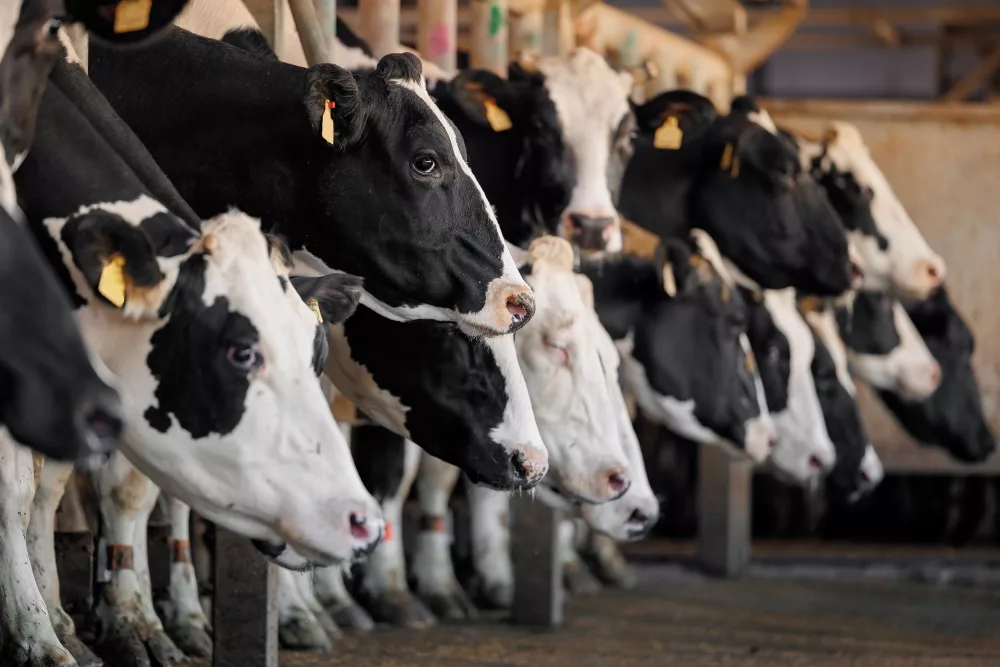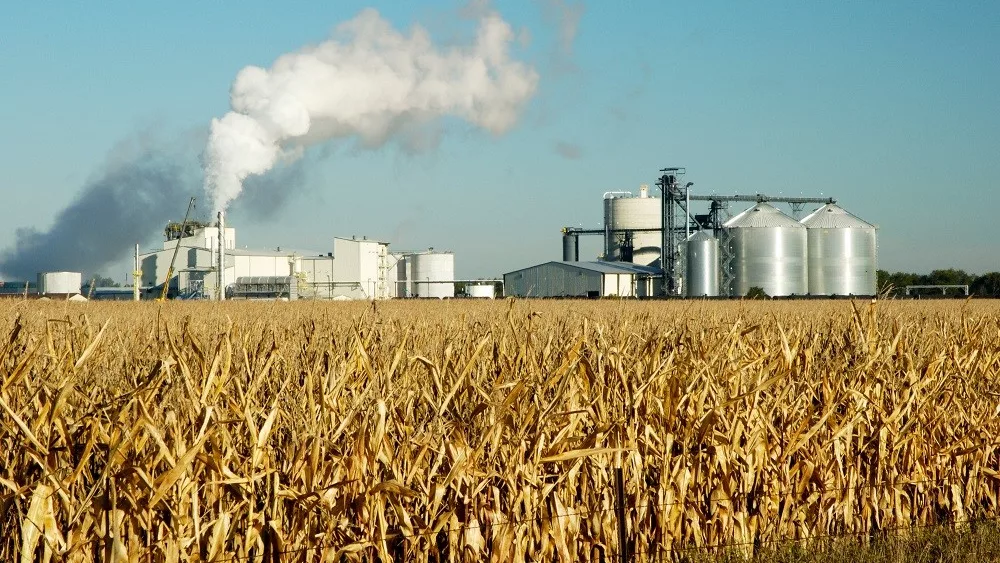JBS Foods, the world’s largest meat supplier, is running on backup computer servers across North America and Australia following what the company is calling an “organized cybersecurity attack.”
The company processes, prepares and packages meat in facilities across 15 countries, including a beef facility in Plainwell, Michigan. Operations have been put on hold at multiple plants across the U.S., including locations in Wisconsin, Texas, and Nebraska.
The hacking incident was detected on May 30, when the company found servers supporting its IT systems were under attack. According to a JBS statement, the company took immediate action to suspend affected servers and notify authorities.
White House Deputy Press Secretary Karine Jean-Pierre told reporters that JBS notified the Biden administration of the ransom demands and the company believes the cyberattack stemmed from a criminal organization likely based in Russia. Jean-Pierre says the White House is engaging directly with the Russian government, delivering a message that “responsible states do not harbor ransomware criminals.”
“Cyber security is a real threat to our worldwide economy and certainly is a concern in agriculture,” said Ernie Birchmeier, livestock and dairy specialist at Michigan Farm Bureau. “The ability for criminals to impact an industry and cause market disruption poses a direct economic impact on our farmers who rely on the processing and distribution industries to keep our food system functioning effectively and efficiently.”
This attack comes on the heels of another major hacking incident against the Colonial Pipeline, causing the oil pipeline to shut down for nearly a week and spiking gas prices across the U.S.
JBS says it is not aware of any evidence that customer or supplier data has been compromised and expects it will take time to resolve the incident, which may delay some transactions with customers and suppliers.
“There will certainly be short-term market impacts that negatively impact our farmers,” Birchmeier said. “This incident serves as a reminder that we all need to take proactive steps to protect our businesses. We saw the impact of supply chain disruption during the COVID-19 pandemic and we can ill afford a repeat of that scenario.”





